 Hi everyone, my name is Foluke Ajayi and I am chief executive at Airedale NHS Foundation Trust. We are an integrated community and hospital services provider, based in the far west and north of our district: Keighley, Skipton, Settle and Ilkley – a glorious part of the world.
Hi everyone, my name is Foluke Ajayi and I am chief executive at Airedale NHS Foundation Trust. We are an integrated community and hospital services provider, based in the far west and north of our district: Keighley, Skipton, Settle and Ilkley – a glorious part of the world.
In my earlier days working in the NHS, I used to look forward to the “summer lull” – an opportunity to make best use of the quiet interval to reset and catch up before the hive of activity starts again with the new school year and season. Those days seem long gone and I am very aware that we are all experiencing challenging times to a greater or lesser extent currently, professionally and personally. Whether that’s because of the pressures on the cost of living, work pressures to do more, more, more, unprecedented industrial action, another reorganisation, the financial challenge in the public sector, significant life events - even the lack of sunshine - there’s a lot going on for people.
Billy Ocean had a view, but I’m interested to know: when the going gets tough…how do you cope?
This is increasingly on my mind as we grapple with what we euphemistically call ‘people issues’: where to find people who want to work with us; how to support them, how to develop them, how to retain them, how to let them flourish and assist them to leave us for the next role in their career.
Staff wellbeing is key, but how do we know that we’re getting it right?
Everyone has different ways of coping when the going gets tough. Some will thrive on adrenaline and enjoy the pressure. Many will prioritise family and spend time with the people they love. Some like me, will be sustained by faith, and others by friends, or exercise regimes, or the arts, or volunteering, or hobbies, or Celebrity Love Island – amongst many other secret vices or indulgences. Everyone has something that gives them some degree of fulfilment, or satisfaction, or happiness. It is fascinating to hear from people about what brings them joy and helps them to cope – and you will have seen that Leeds Mind are asking people exactly that, to help others via their Book of Cope.
How do I cope? My personal approach has always been to get my head down and push on through, because for me there is almost always a solution to any challenge and inevitably something positive that I can take from a situation. I appreciate this won’t work for everyone, but it helps me when the going gets tough. This comes from my upbringing: we are very much a ’find a solution’ family, supported by our Christian faith – and this has helped us to overcome many of the challenges that we’ve faced.
But I also know that coping isn’t always possible. Our vulnerability ebbs and flows and we all have days where it doesn’t take much to tip us into not coping. Often, it’s manageable and the following day can bring resolution or renewed perspective, but if it is sustained it’s important to admit that we’re not coping, and to ask for help. This can be particularly difficult for people working in caring professions to do that when the usual role is as the care-giver, not the recipient of care. Sometimes admitting it to ourselves is the biggest hurdle.
 Last week we held an inclusion week at Airedale. One part of it focused on the menopause and it prompted considerable discussion around coping strategies. There was a lot of laughter, but also recognition of the significant impact perimenopause and menopause symptoms can have on a large proportion of our workforce, at a time when their age and experience often means they are in more senior roles. When you’re used to helping others, it can be very hard to hold up your hands and I say ‘I need help’.
Last week we held an inclusion week at Airedale. One part of it focused on the menopause and it prompted considerable discussion around coping strategies. There was a lot of laughter, but also recognition of the significant impact perimenopause and menopause symptoms can have on a large proportion of our workforce, at a time when their age and experience often means they are in more senior roles. When you’re used to helping others, it can be very hard to hold up your hands and I say ‘I need help’.
And if someone does ask for help, how do we help them? As a Black female leader I’m often asked to speak about inclusion, diversity, my experiences of racism and sexism. When I think about any sort of discrimination, ultimately it boils down to a lack of kindness. It’s about how we approach each other as human beings: the ability to see the person and not focus on the ability or gender or sexuality or skin colour, comes from a place of kindness. It’s the same for supporting people: helping others to cope is an act of kindness. Noticing someone is struggling, taking time to listen, giving them space to regroup, even just making them a cup of tea or buying them a KitKat (other brands are available!) is enough to show them that they’re not alone, that they don’t need to cope 100% of the time.
The trick is making sure we can all offer this support, that kindness is universal and not just down to potluck whether your manager is kind or not. Kindness can sometimes be a rude world in a culture where performance and output is valued, but as we know from the work around Human Factors, civility – and kindness – saves lives.
When the going gets tough – and remains tough as it has been for a while – supporting others should become second nature. Like a muscle, it needs regular exercise until it becomes a habit. Every one of us has an impact on those around us, every day. Think about that today as you interact with colleagues, friends and family members, and consider how your acts, your approach, your personal leadership could be helping someone to cope while their going is tough.
Foluke


 Hello my name is Catherine
Hello my name is Catherine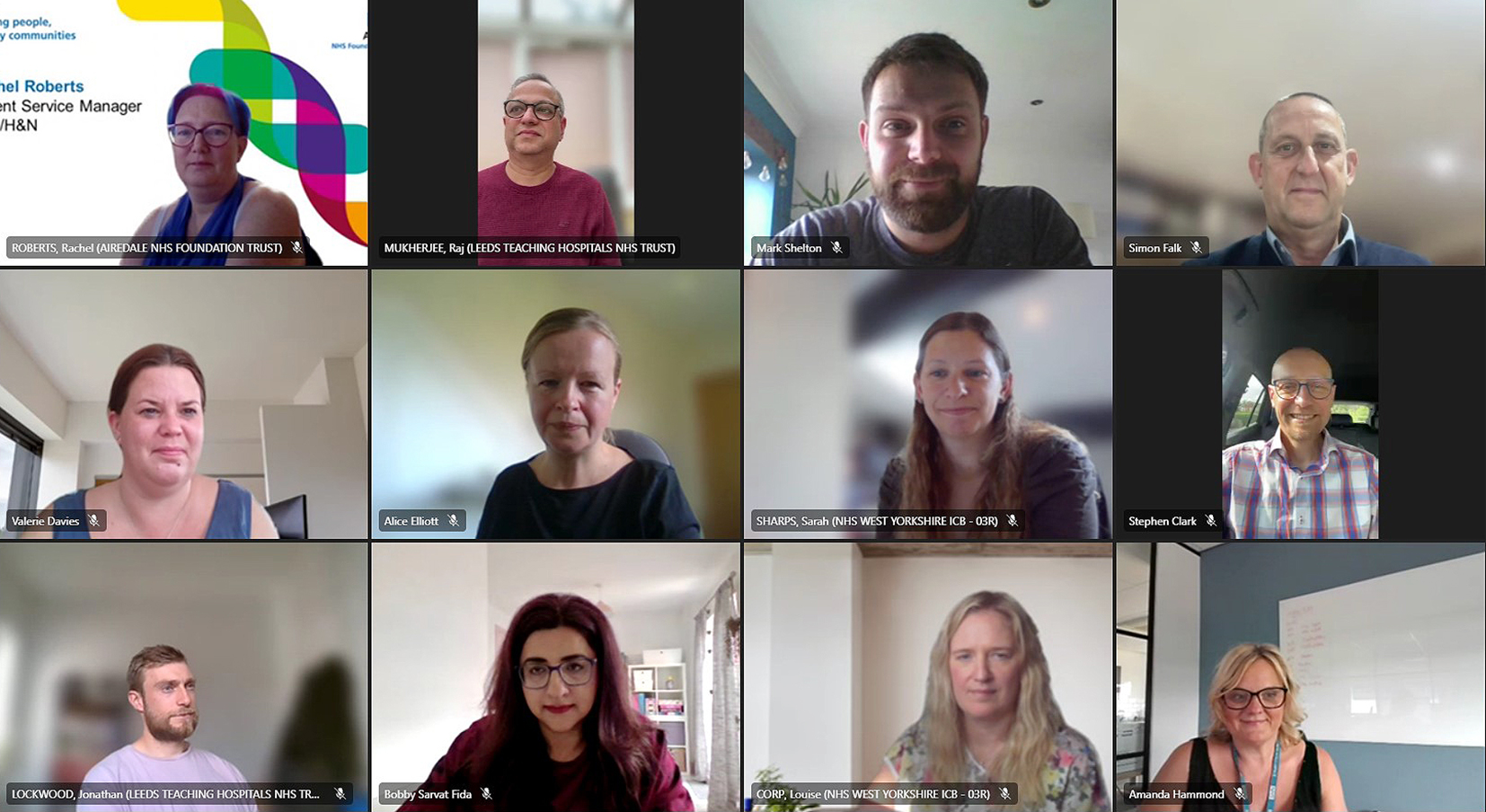 Standardising and expanding the commissioning of enhanced optometrist services to reduce unnecessary referrals to hospital, and to support growing demand.
Standardising and expanding the commissioning of enhanced optometrist services to reduce unnecessary referrals to hospital, and to support growing demand. Last week, the ICB hosted a visit by Anoop Kollendaparambil Achuthan, Managing Director of Overseas Development and Employment Promotion Consultants (ODEPC), part of the Government of Kerala (South West India).
Last week, the ICB hosted a visit by Anoop Kollendaparambil Achuthan, Managing Director of Overseas Development and Employment Promotion Consultants (ODEPC), part of the Government of Kerala (South West India).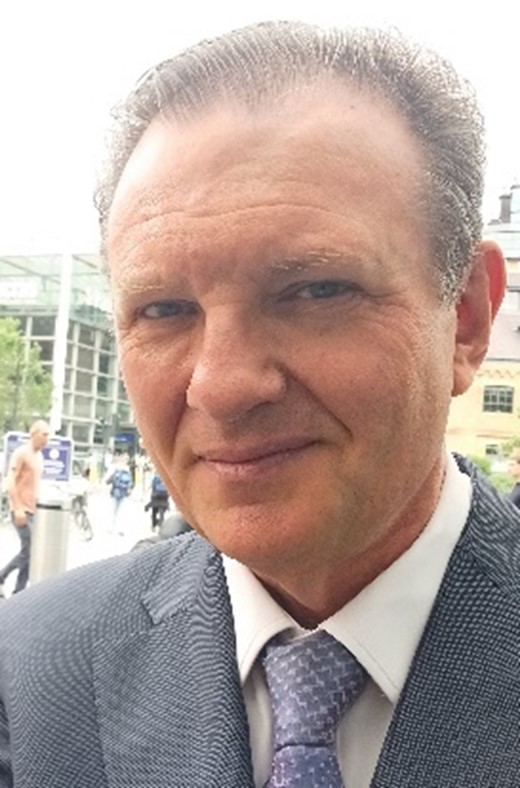 Locala has appointed current non-executive director, Colin Lynch, as the organisation’s new Chair. Colin will take over the role on 1 January, from outgoing Chair Diane McKerracher who has been in the role for the past six years.
Locala has appointed current non-executive director, Colin Lynch, as the organisation’s new Chair. Colin will take over the role on 1 January, from outgoing Chair Diane McKerracher who has been in the role for the past six years.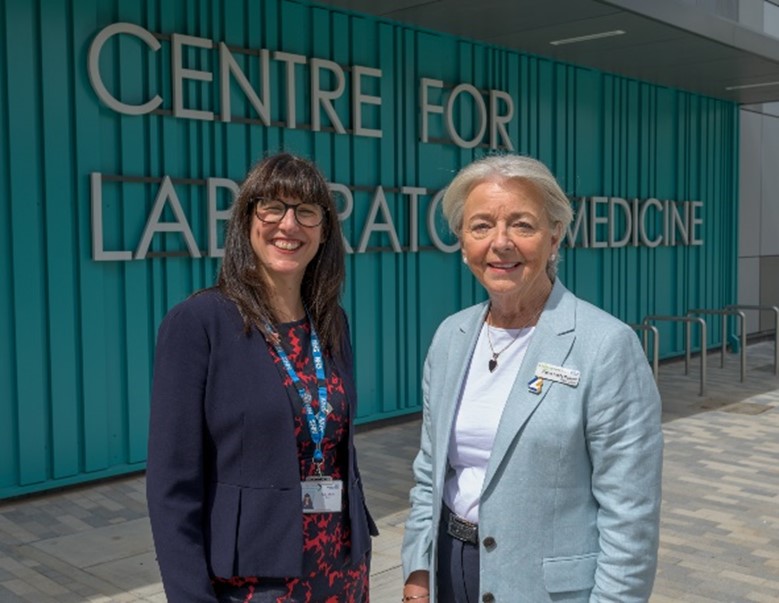 Leeds teaching Hospitals have celebrated the end of construction on its new pathology laboratory at St James’s. Contractor, BAM has completed works on the Centre for Laboratory Medicine – which will bring together pathology services from Mid Yorkshire and Calderdale to create a regional facility that is set to transform diagnostic testing.
Leeds teaching Hospitals have celebrated the end of construction on its new pathology laboratory at St James’s. Contractor, BAM has completed works on the Centre for Laboratory Medicine – which will bring together pathology services from Mid Yorkshire and Calderdale to create a regional facility that is set to transform diagnostic testing. 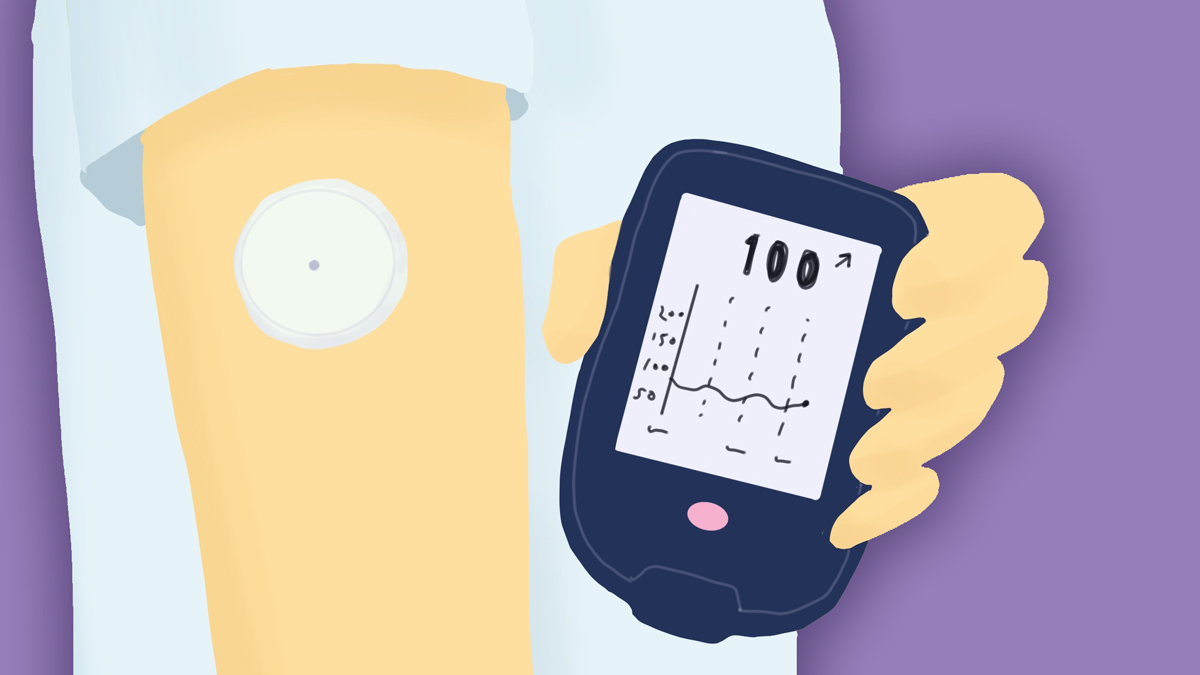 The NHS West Yorkshire Integrated Care Board (ICB) has commissioned the prescribing of a number of different CGM devices. This follows publication of new
The NHS West Yorkshire Integrated Care Board (ICB) has commissioned the prescribing of a number of different CGM devices. This follows publication of new  The ICB is reviewing its commissioning policies to identify any differences across West Yorkshire for people and communities.
The ICB is reviewing its commissioning policies to identify any differences across West Yorkshire for people and communities.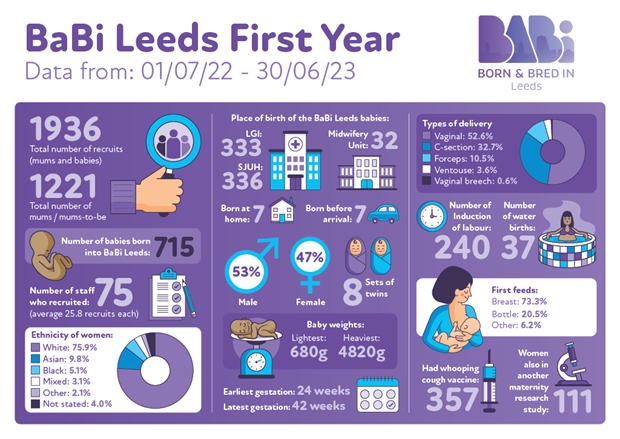 The Born and Bred in (BaBi) Leeds team are celebrating their first year of recruiting into this ground-breaking research study. Since launching in July 2022, the team from Leeds Teaching Hospitals have helped 1,936 mothers and their babies from across the city to participate in this nationwide research project.
The Born and Bred in (BaBi) Leeds team are celebrating their first year of recruiting into this ground-breaking research study. Since launching in July 2022, the team from Leeds Teaching Hospitals have helped 1,936 mothers and their babies from across the city to participate in this nationwide research project.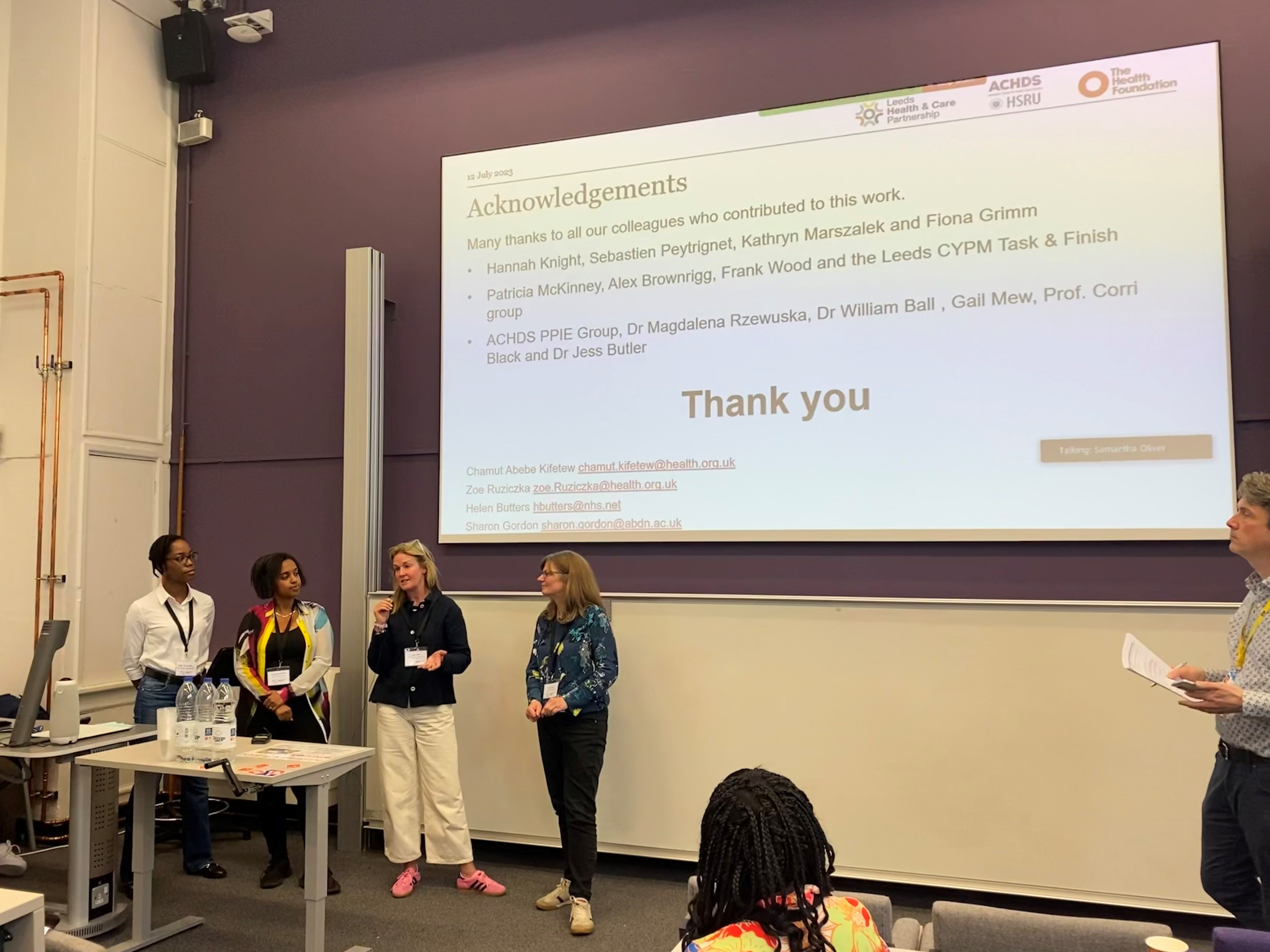 The Health and Care Analytics Conference 2023 brought together the best analysts working in health and care in one place to celebrate, learn and be inspired.
The Health and Care Analytics Conference 2023 brought together the best analysts working in health and care in one place to celebrate, learn and be inspired. This week we published new
This week we published new